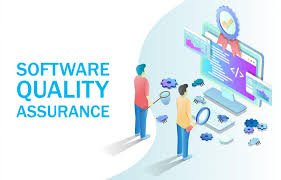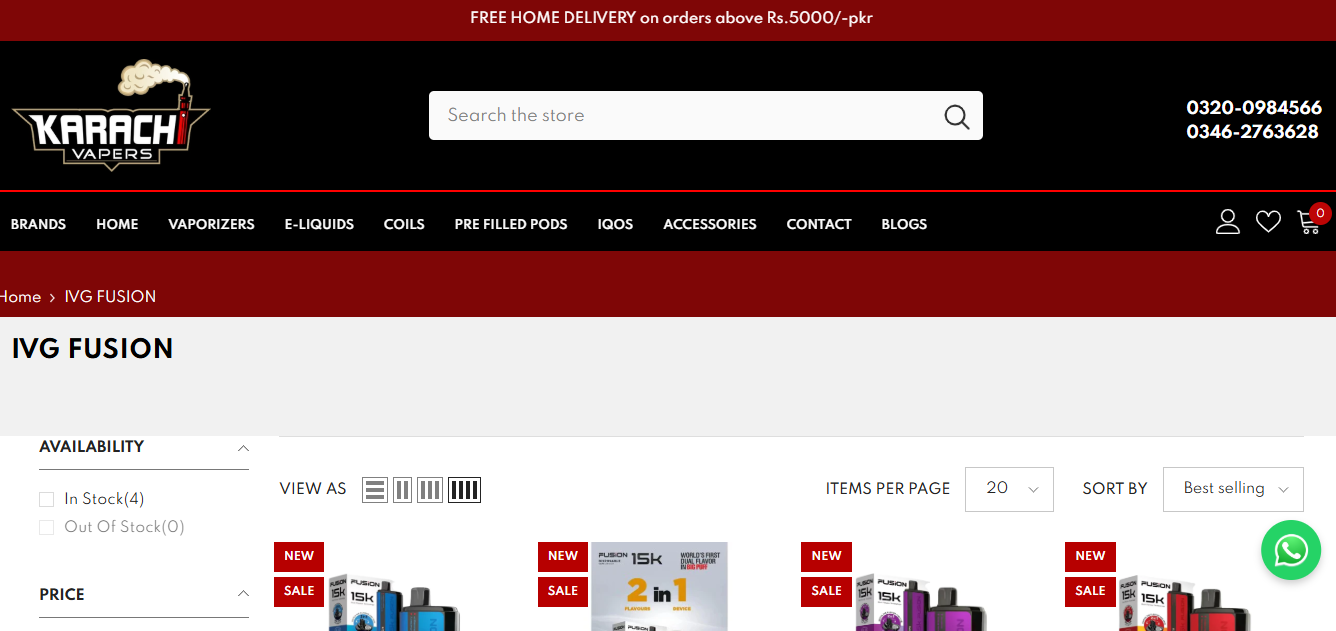You can’t afford to release a product that’s anything less than perfect. That’s where Software Quality Assurance Testing comes in. It’s not just about catching bugs; it’s about ensuring your software is reliable, secure, and delivers the best possible user experience. The stakes are high, so how can QA services help you deliver a flawless product that stands out in a crowded market? Let’s dive in!
What is Software Quality Assurance (QA)?
Software Quality Assurance (QA) is more than just an afterthought. It’s a proactive process built into the Software Development Life Cycle (SDLC) to ensure that every feature of your product meets the highest standards. It’s not just about finding defects after launch but preventing them during development, which is key to saving time, money, and your reputation. By incorporating QA early, you ensure your software performs exactly as intended, every time.
Why QA Matters for Your Product
Launching software without proper testing? That’s risky business. The consequences can be severe, from poor user experiences to security vulnerabilities. Here’s why QA is crucial:
- Improved Functionality: QA makes sure that every feature works as it should. Whether it’s checking performance under heavy load or ensuring that new updates don’t break existing features, QA has you covered.
- Better User Experience: User satisfaction hinges on a seamless experience. QA testing, particularly usability testing, helps you identify and fix pain points before your customers experience them. A smooth user interface leads to happier customers!
- Cost Savings: Fixing issues during development is far cheaper than after launch. With early bug detection, QA saves you from costly post-launch fixes and maintenance
.
Types of QA Testing Services
Different aspects of software need different types of testing. Here’s how each approach plays a role:
Manual Testing
Manual testing brings a human perspective into the mix. Testers go through the software just like a real user would, identifying issues that automation might miss. Whether it’s usability testing or exploratory testing, manual testing ensures the product feels intuitive and user-friendly.
Automated Testing
Automated testing is a must for repetitive tasks like regression testing. This ensures that your software’s existing features remain intact while new features are added. Automated tests can also run performance checks, which are critical to ensuring your software handles traffic and high demand without slowing down.
Security Testing
Concerned about security? You should be! With security testing, potential vulnerabilities are identified early, protecting your data and ensuring compliance with regulations like HIPAA or GDPR
QA’s Role in Different Business Scenarios
For Startups
As a startup, your first product launch is critical. QA helps you avoid costly errors that could ruin your reputation early on. By building quality into the process from the start, you ensure your product stands out in the marketplace for all the right reasons.
For Enterprises
Managing complex systems? QA ensures your software scales smoothly. Large-scale deployments can’t afford downtime, and QA testing makes sure your systems are resilient and scalable without compromising performance.
For Established Firms
Even for well-established firms, QA is essential. Whether you’re modernizing legacy systems or rolling out new features, QA helps you maintain high-quality standards and avoid disruptions
Best Practices for QA Testing Services
To get the most out of your QA testing, follow these industry best practices:
Shift Left Testing
Want to save time and money? Shift left testing brings QA into the early stages of development, identifying issues before they become costly problems. By integrating QA early, you reduce the chance of major rework later on.
Automation Strategy
Automated testing can significantly speed up your testing process. Use tools like Selenium or Appium to automate repetitive tests, freeing up your team to focus on more complex, exploratory testing tasks
.Collaboration is Key
Quality doesn’t happen in isolation. Ensure strong collaboration between your QA, development, and operations teams. This shared responsibility for quality fosters smoother communication and fewer bottlenecks.
Industry-Specific Applications of QA Testing Services
Healthcare
In healthcare, QA isn’t just about making sure the software works. It’s about compliance and patient safety. Rigorous security testing ensures compliance with laws like HIPAA, and functional testing makes sure sensitive data is managed securely
Finance and Banking
In finance, one mistake can have huge consequences. QA services ensure that financial software is secure, reliable, and up-to-date with constantly changing regulations. Continuous testing ensures real-time risk management .
E-commerce
User experience is everything in e-commerce. QA testing ensures that your platform can handle peak traffic, provides a seamless shopping experience, and is free from performance lags
Conclusion
Quality Assurance is no longer an optional step in software development—it’s a necessity. From ensuring functionality to enhancing user experience and preventing security issues, QA elevates your product, setting you apart from the competition. Whether you’re a startup or a large enterprise, QA is your key to delivering a product that not only works but excels.
So, ready to take your software to the next level? Invest in Software Quality Assurance testing services today and start building products that users love and trust!
















Leave a Reply